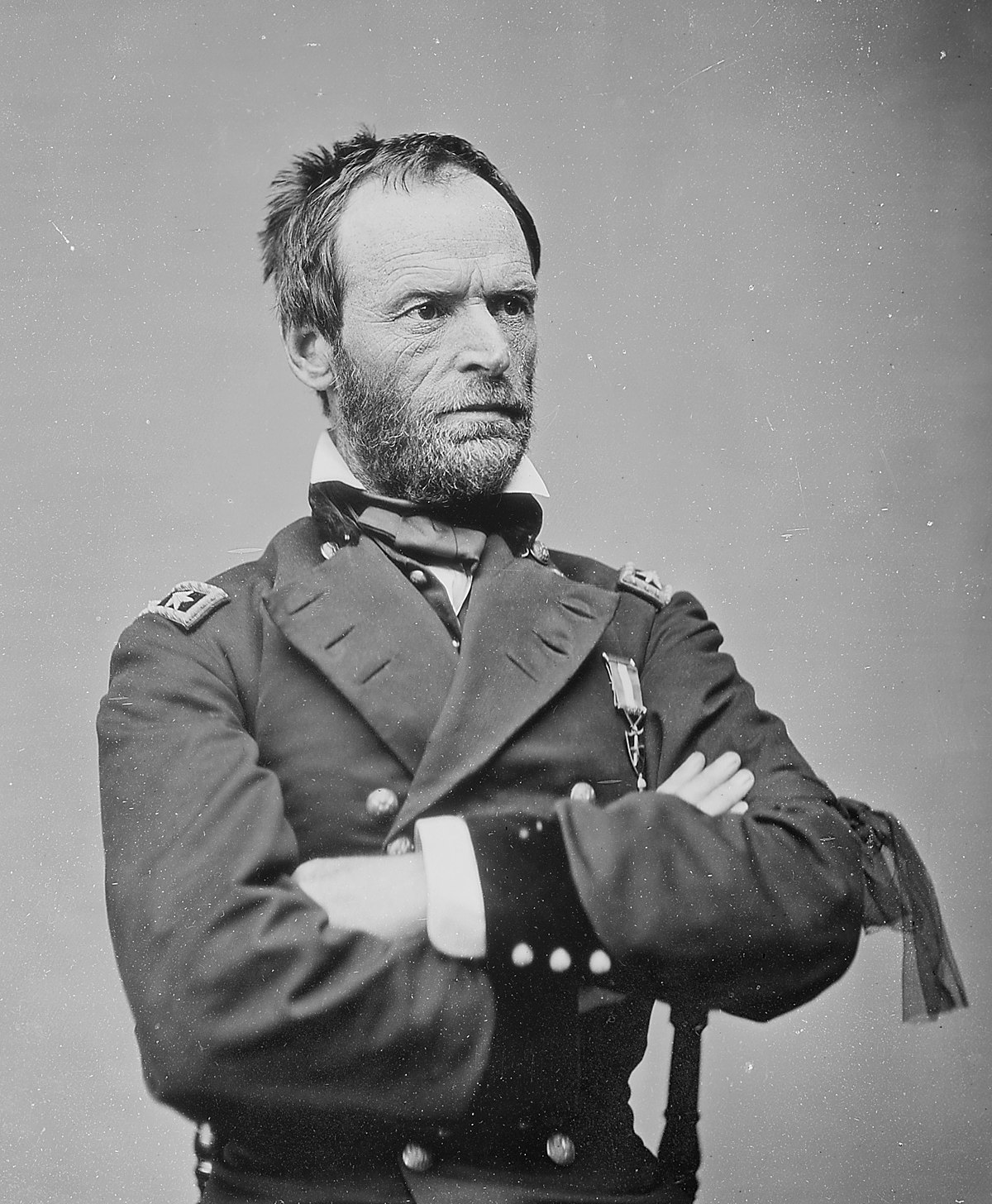- Joined
- Dec 26, 2020
- Messages
- 497
- Reaction score
- 98
- Gender
- Male
- Political Leaning
- Independent
RE the use of violence against a state:
Madison's Notes:
The Writings, vol. 3 (1787) | Online Library of Liberty (libertyfund.org)
The Records of the Federal Convention of 1787, 3vols. | Online Library of Liberty (libertyfund.org)
Thursday May 311
"The other clauses giving powers necessary to preserve harmony among the States to negative all State laws contravening in the opinion of the Nat. Leg. the articles of union, down to the last clause, (the words “or any treaties subsisting under the authority of the Union,” being added after the words “contravening &c. the articles of the Union,” on motion of Dr. Franklin) were agreed to witht. debate or dissent.
The last clause of Resolution 6, authorizing an exertion of the force of the whole agst. a delinquent State came next into consideration.
Mr. Madison, observed that the more he reflected [56] on the use of force, the more he doubted, the practicability, the justice and the efficacy of it when applied to people collectively and not individually.—A union of the States containing such an ingredient seemed to provide for its own destruction. The use of force agst. a State, would look more like a declaration of war, than an infliction of punishment, and would probably be considered by the party attacked as a dissolution of all previous compacts by which it might be bound. He hoped that such a system would be framed as might render this resource unnecessary, and moved that the clause be postponed. This motion was agreed to, nem. con.
The Committee then rose & the House Adjourned.1"
....
And to call forth the force of the union against any member of the union failing to fulfil its duty under the articles thereof.
postponed.
Mr. E. Gerry thought this clause “ought to be expressed so as the people might not understand it to prevent their being alarmed”. ✪
✪
This idea rejected on account of its artifice, and because the system without such a declaration gave the government the means to secure itself."
FRIDAY, JUNE 1, 1787.
Madison's Notes:
The Writings, vol. 3 (1787) | Online Library of Liberty (libertyfund.org)
The Records of the Federal Convention of 1787, 3vols. | Online Library of Liberty (libertyfund.org)
Thursday May 311
"The other clauses giving powers necessary to preserve harmony among the States to negative all State laws contravening in the opinion of the Nat. Leg. the articles of union, down to the last clause, (the words “or any treaties subsisting under the authority of the Union,” being added after the words “contravening &c. the articles of the Union,” on motion of Dr. Franklin) were agreed to witht. debate or dissent.
The last clause of Resolution 6, authorizing an exertion of the force of the whole agst. a delinquent State came next into consideration.
Mr. Madison, observed that the more he reflected [56] on the use of force, the more he doubted, the practicability, the justice and the efficacy of it when applied to people collectively and not individually.—A union of the States containing such an ingredient seemed to provide for its own destruction. The use of force agst. a State, would look more like a declaration of war, than an infliction of punishment, and would probably be considered by the party attacked as a dissolution of all previous compacts by which it might be bound. He hoped that such a system would be framed as might render this resource unnecessary, and moved that the clause be postponed. This motion was agreed to, nem. con.
The Committee then rose & the House Adjourned.1"
....
And to call forth the force of the union against any member of the union failing to fulfil its duty under the articles thereof.
postponed.
Mr. E. Gerry thought this clause “ought to be expressed so as the people might not understand it to prevent their being alarmed”.
This idea rejected on account of its artifice, and because the system without such a declaration gave the government the means to secure itself."
FRIDAY, JUNE 1, 1787.


